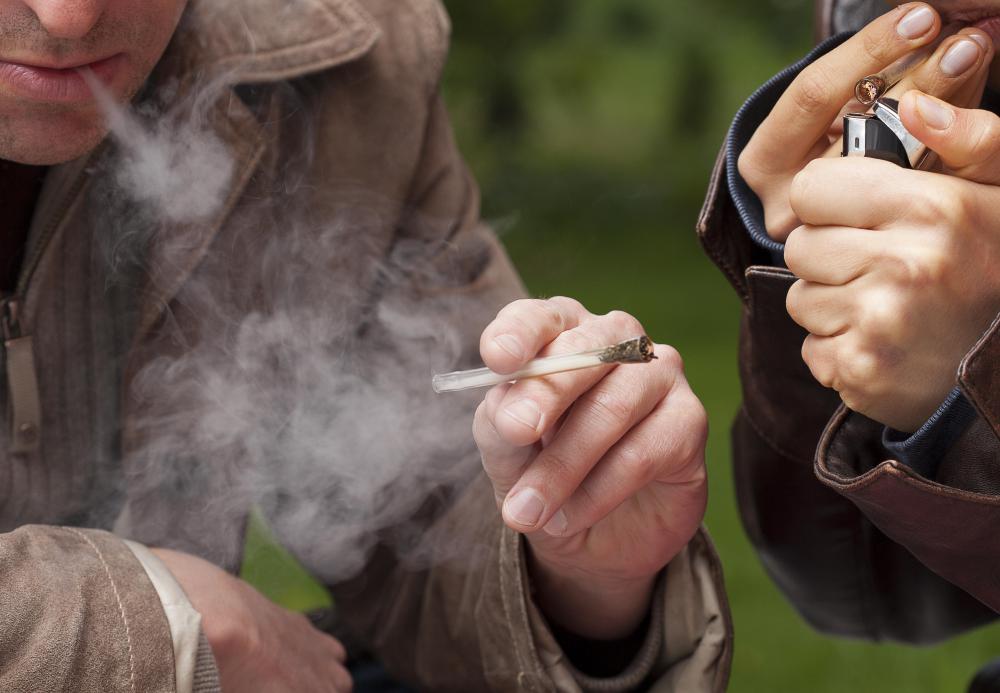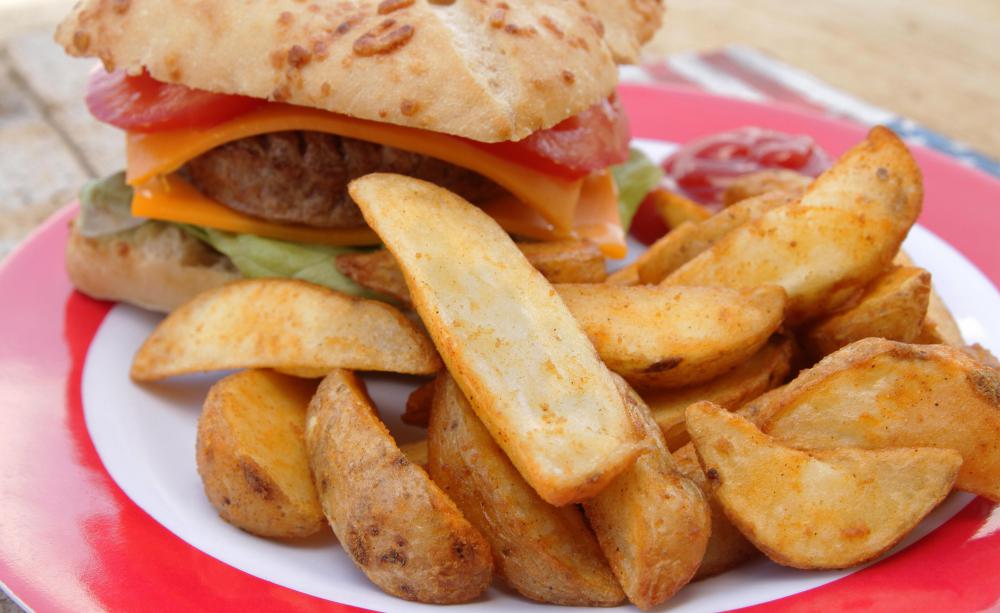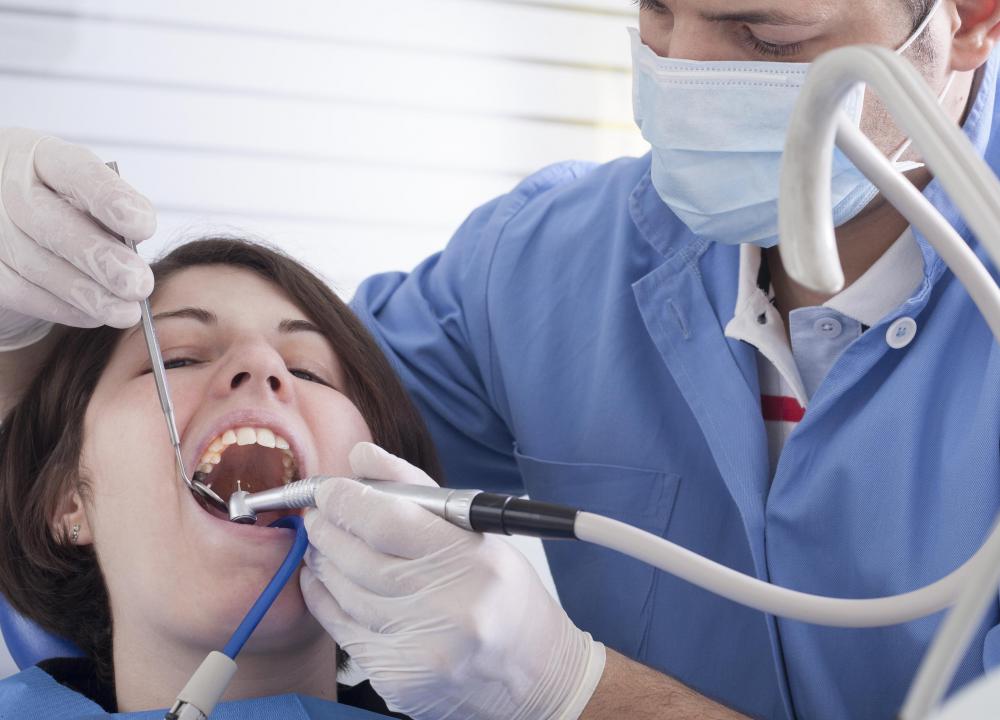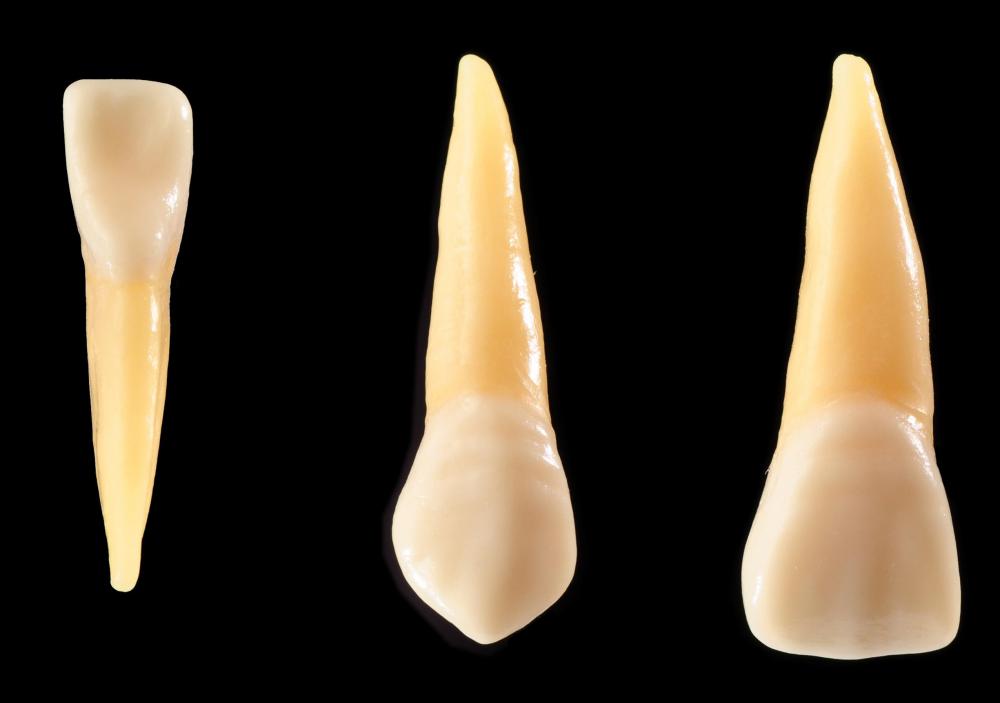At TheHealthBoard, we're committed to delivering accurate, trustworthy information. Our expert-authored content is rigorously fact-checked and sourced from credible authorities. Discover how we uphold the highest standards in providing you with reliable knowledge.
What is Pyorrhea?
Pyorrhea is an advanced form of periodontal disease that causes damage and infection to the bones surrounding the teeth. Proper dental care can help keep pyorrhea from developing, and can also treat the effects of the condition. It is caused by a variety of health factors, and may not be limited to dental-related causes.
Periodontitis is caused by a build-up of bacteria on the teeth and gums. Although this is a fairly common condition, advanced forms can lead to tissue and bone loss. If untreated, the bone loss can become irreparable, leading to the loosening and possible loss of teeth.

The causes of severe peridontitis include increased bacteria caused by smoking or improper dental care, excessive consumption of sugar or poor nutrition. People with certain health conditions may also be prone to pyorrhea, including those with genetic blood disorders. An insufficient amount of some vitamins and minerals can also cause dental issues, particularly calcium, niacin and folic acid deficiencies.

Symptoms of pyorrhea are related to those of gingivitis and are most visible on the gums. Gums may appear purple or red and have a shiny surface. Gum pain is not a normal symptom, but gums may be tender to the touch and will bleed regularly when brushed. Swelling of the gums is also common in some patients.
Most dentists recommend a regular pattern of brushing and flossing, to prevent problems. Proper brushing should include pushing brush bristles below the gum line to remove hidden plaque, and using a brush designed to get between teeth. If you suffer from gingivitis, some dentists also recommend using an antiseptic mouthwash to kill germs. Be warned that mouthwash cannot cure periodontitis, but can help prevent further bacteria from growing.

If severe pyorrhea persists, pockets will begin to form between the tooth and gum, allowing plaque to build. These pockets can cut into the jaw bone and lead to considerable bone loss. Surgical procedures may become necessary to treat damage at this level, including soft-tissue grafts and operations to encourage tissue re-growth.
The best way to prevent any gum disease is to schedule regular check-ups with a dentist. Not only can regular cleanings help prevent the build-up of plaque and bacteria, but they can also help identify early signs of any problems. Going to the dentist may cause serious anxiety for some patients, but visiting them for a check-up is much less traumatic than having to undergo dental surgery due to improper care.

If you experience bleeding gums when brushing or flossing, swelling of the gums, or feel as if your teeth are loosening, you should contact your dentist to schedule an appointment. Be sure to tell them your concerns and make certain they closely examine your gums for signs of any gum disease. If caught early enough, periodontitis is relatively easy to treat, and may never progress to pyorrhea.
AS FEATURED ON:
AS FEATURED ON:




















Discussion Comments
No. My mum had to have all her teeth removed!
can pyorrhea be cured?
Post your comments